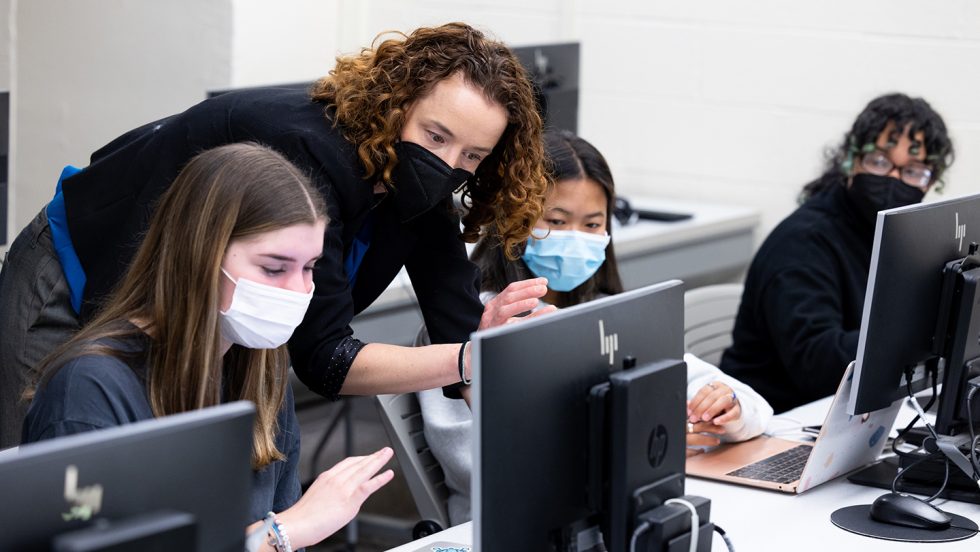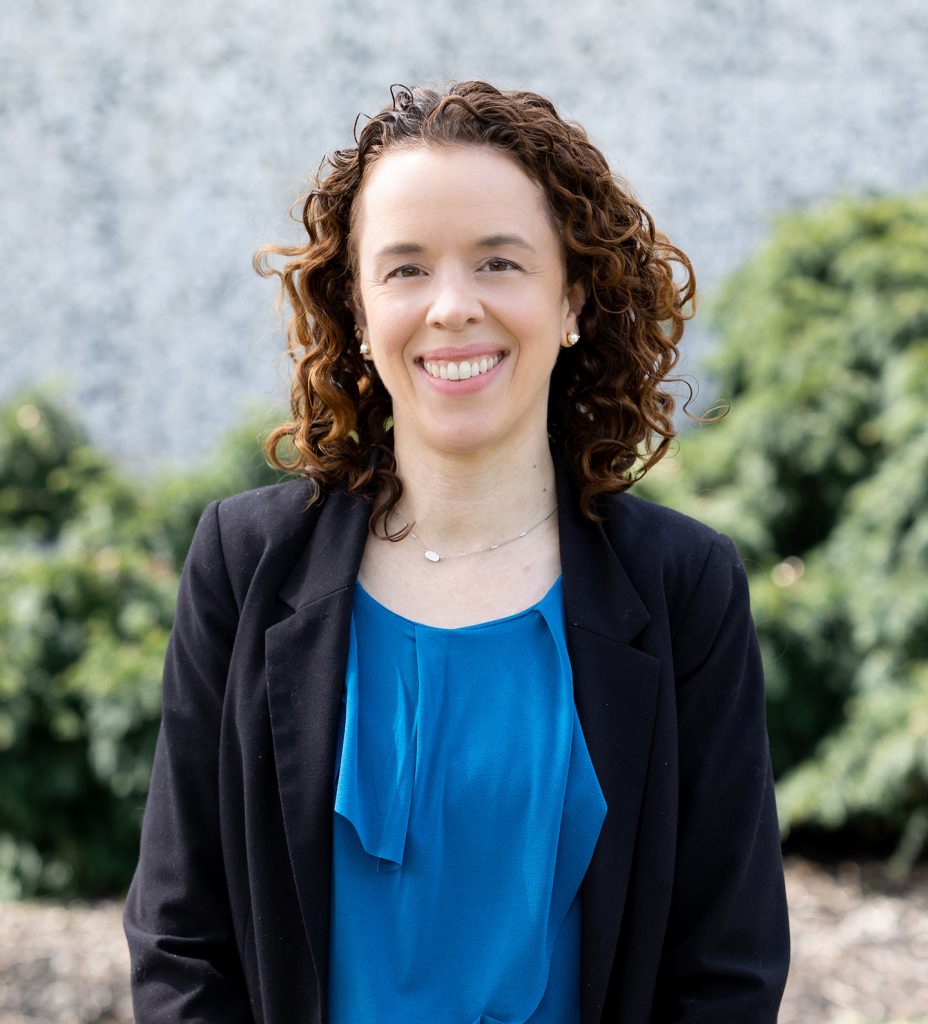
A collaboration between a Derner professor and a doctoral student of psychology examines the connection between attachment anxiety and loneliness.
Are first-year college students with attachment anxiety—defined as concern about the stability or security of the primary relationships in their life—more prone to loneliness? And, if so, are there any factors that can mitigate these feelings? These were questions that Christine So, a psychology doctoral student at Adelphi University, wanted to answer.

Katherine Fiori, PhD
As part of a project in her statistics class, So began evaluating data from a longitudinal study developed by Katherine Fiori, PhD, professor and chair of the Department of Psychology at Adelphi’s Gordon F. Derner School of Psychology, to explore the link between attachment anxiety and loneliness among first-year students. So’s work was strong enough that her professor urged her to publish it. Dr. Fiori, who had collaborated with So on multiple research projects over the past few years, came on board as a co-author, and “Attachment anxiety and loneliness during the first year of college: Self-esteem and social support as mediators” was published in Personality and Individual Differences (March 2022).1 Using a sample of 96 female first-year college students—from data initially gathered a decade ago by Dr. Fiori—the study explored the roles of self-esteem and social support in mediating the association between attachment anxiety and loneliness.
The pair’s findings corroborated recent research and confirmed their expectations: Attachment anxiety is positively associated with loneliness during the first year of college. But in a novel discovery, So found that certain factors were likely to explain why these anxiously attached students felt lonely—namely, cognitive distortions about the self (self-esteem) and others (social support).
“As a first-year college student, there are so many things to navigate,” So said. “If you have the perception that you aren’t receiving enough support, or the right kind of support, that can lead to feelings of loneliness and isolation.” Dr. Fiori agrees. “Another reason why anxious people might feel lonely is because they feel less positive about themselves, which is a cognitive bias at work.”
To combat perceptions of absent support, the authors suggest that first-year students visit on-campus therapists to discuss their attachment style and feelings of loneliness and to develop healthy regulation strategies.
Dr. Fiori used the same data for an article she co-authored with Megan Parmenter, a former doctoral student and current adjunct professor of psychology at Adelphi, titled “The Positive Side of Negative Interactions: Anxious and Avoidant Attachment as Moderators” (Journal of Social, Behavioral, & Health Sciences, January 18, 2021).2 The article evaluates “whether attachment anxiety and avoidance acted as moderators of the association between positive and negative social exchanges … and changes in life satisfaction across the first year of college.”

Christine So
Dr. Fiori and Parmenter relied on the positive and negative social exchanges scale (PANSE), which measures the perceived outcomes of social interactions, to test their hypotheses. Among a sample of 108 first-year Adelphi students, they found, contrary to their hypotheses, that negative social exchanges such as unwanted advice or insensitive behavior were associated with increases in life satisfaction for students with high levels of attachment avoidance or attachment anxiety. Positive exchanges, such as helpful suggestions or doing a favor, were associated with increases in life satisfaction for participants low on attachment avoidance, but with decreases in life satisfaction among those high on attachment avoidance.
“It does sound counterintuitive,” Dr. Fiori allowed. In the paper, she and Parmenter offer a possible explanation:“It may be that negative exchanges provide an opportunity for anxiously attached individuals to establish greater intimacy and obtain some degree of responsiveness from their exchange partner.” Furthermore, because avoidant individuals tend to have positive views of themselves and negative views of others, these individuals may actually “thrive on negative social exchanges, without experiencing the benefits of positive social exchanges.”
But for students who aren’t experiencing many social exchanges at all, loneliness is a known risk factor for depression and suicidal behavior. Dr. Fiori believes that identifying loneliness’ precursors, such as perceived lack of social support, can aid the development of interventions for first-year students. So sees an opportunity for further study despite the COVID-19 pandemic. While students have received most of their social support online over the past two years, “there is research showing that offline social support is still an important predictor of well-being,” she said. “Attachment style and everything we’ve been studying remains very relevant.”
1 So, Christine, and Katherine Fiori. “Self-esteem and social support as mediators.” Personality and Individual Differences, vol. 187, Article111405, March 2022
2 Parmenter, Megan, and Katherine Fiori. “The Positive Side of Negative Interactions: Anxious and Avoidant Attachment as Moderators,” Journal of Social, Behavioral, & Health Sciences, vol.15, iss. 1, 18 January 2021, pp. 1-30.